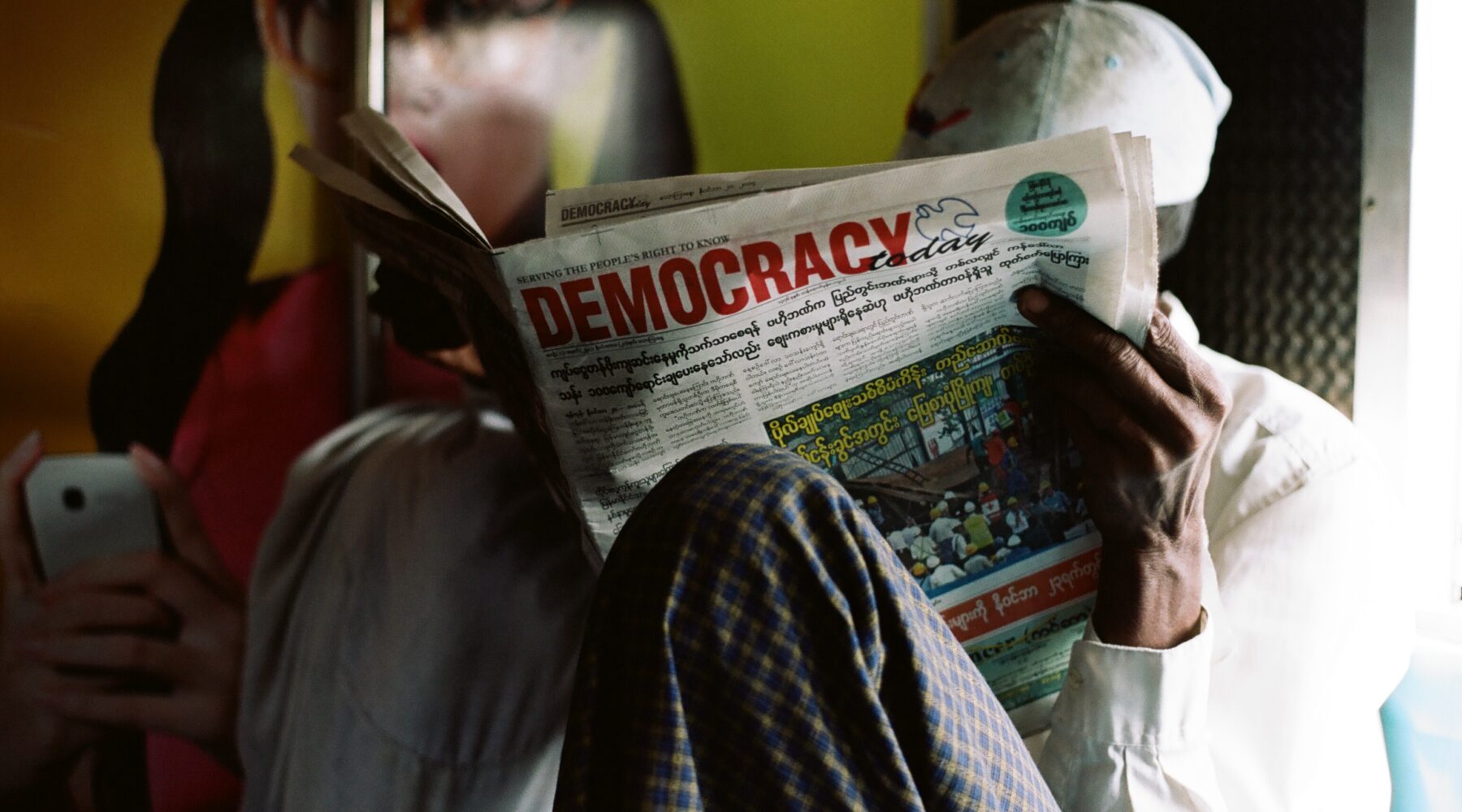


The military declared a state of emergency, and detained members of the democratically elected government. The coup took place after the National League for Democracy (NLD) party won a victory in an election in November 2020.
The coup puts the future of human rights in the country in further jeopardy. This is particularly so for ethnic minorities, such as the Rohingya Muslim population, who have in the past experienced persecution and ethnic cleansing at the instigation of the military and with the support of the NLD. Since 2017, more than 700,000 Rohingya refugees from Myanmar have fled to Bangladesh.
Humanists International spoke to Hein Htet Kyaw, spokesperson for Burmese Atheists (an applicant Associate of Humanists International), who condemned the coup and highlighted that:
“The unelected para-military government has already begun a campaign of censorship to silence the public, which started with the banning of Facebook and other social media platforms. They are spreading a conspiracy theory to challenge the legitimacy of the lawful election. This is a serious blow to democracy and human rights and in my opinion will create challenges for the repatriation of Myanmar’s disenfranchised groups, such as the Rohingya people.”
Htet Kyaw shared the mood in Myanmar, where many citizens are taking part in civil disobedience campaigns, such as “doing cacerolazo at every night” (a form of protest involving the banging of pots and pans, with a legacy dating back to 19th century France) and “singing a defiant song: We Do Not Forgive. This song refers to the many instances of mass-murder and brutality the people of Myanmar have experienced at the hands of the military, including during the 1968 protest, the 1988 revolution, and the 2007 Saffron Revolution.”
Humanists share this commitment to human rights and democracy, and are opposed to authoritarianism and military rule as a form of government.